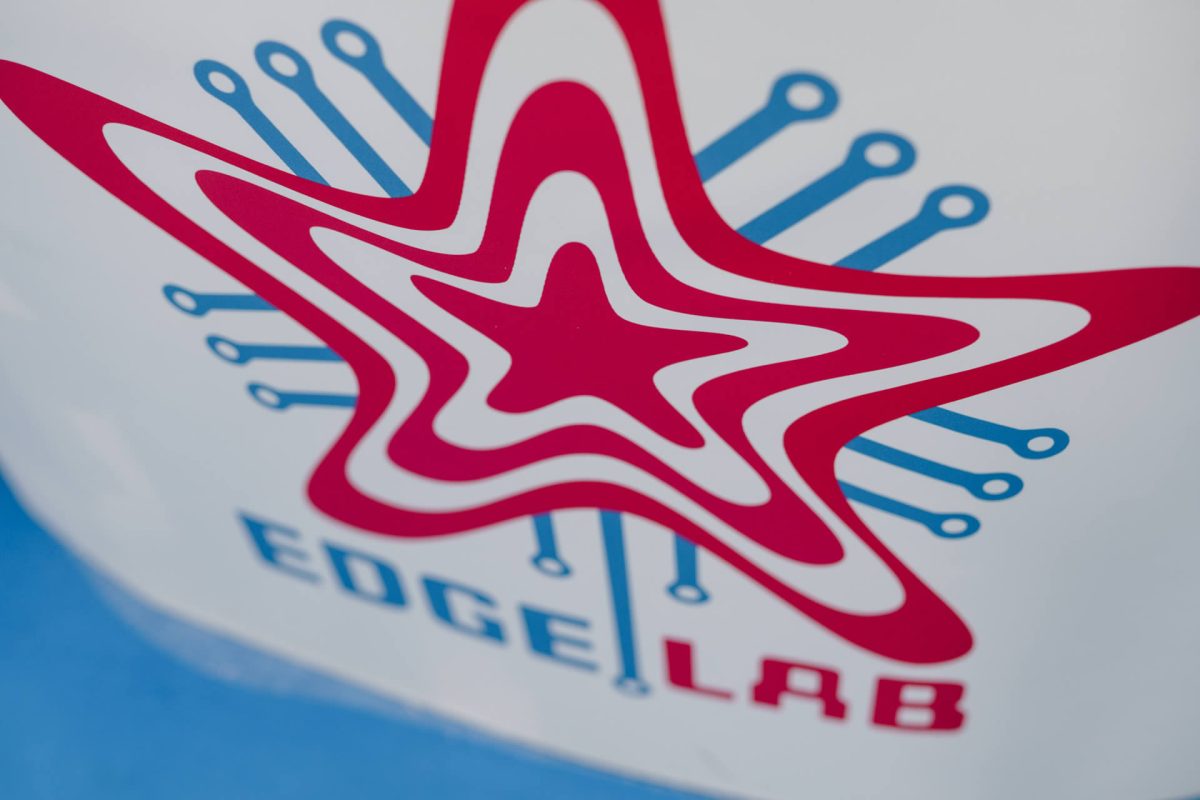EdgeLab is is extremely active with projects related to sustainability, preservation of the marine underwater heritage. Most of our projects have foundation in European Grants or are direct calls from public institutions like universities and other research institutes.
All our projects reflect the DNA of the company: a spin-off from University Research aiming to develop sea technologies for a better preservation and protection of marine environment.

The goal of the THETIDA project is to ensure the safety and preservation of Europe’s coastal and underwater cultural heritage amid the challenges posed by climate change and natural hazards. This initiative adopts a comprehensive approach, encompassing risk management, protective measures, and readiness strategies.
These measures work in tandem to mitigate potential damages to cultural sites, mitigate emerging threats, and advocate for policy frameworks that promote climate neutrality and economic resilience in coastal regions.
NAUTILOS is revolutionising marine observation by developing a new wave of cost-effective, next-generation sensors and samplers to monitor key physical, chemical, and biological ocean variables—along with micro- and nanoplastics. By integrating these technologies across diverse platforms and marine environments, from coastal waters to the deep sea, NAUTILOS enhances our ability to track environmental change and human impact across sectors such as aquaculture, fisheries, and marine pollution. The project’s focus on scalability, modularity, and open-source tools ensures that its data and innovations are accessible to scientists, policymakers, and citizen users alike—unlocking a more inclusive, high-resolution vision of Europe’s marine ecosystems.
M.A.R.E. is an innovative project aimed at transforming how we observe and understand the ocean. By developing a fully integrated system of sensors across the entire water column, M.A.R.E. enables the real-time collection of essential ocean variables (EOVs). Combining advanced modules—such as autonomous underwater vehicles, docking stations, seabed landers, hub buoys, and ground control systems—the project ensures seamless communication and data integration across platforms. Through rigorous testing and in situ demonstrations, M.A.R.E. paves the way for a smarter, more connected approach to monitoring marine ecosystems, enhancing scientific research and environmental insight.
AUTOMA is a cutting-edge project designed to automatically recognise and identify Mediterranean marine species, including alien and invasive ones. By combining Artificial Intelligence with marine biology, AUTOMA creates a smart, image-based system that builds a rich, evolving database of species distribution and behaviour. Using Autonomous Underwater Vehicles (AUVs) equipped with high-resolution cameras and environmental sensors—alongside professional divers—the project collects data to explore the links between marine biodiversity and changing environmental conditions. AUTOMA not only supports scientific research and environmental monitoring but also lays the groundwork for future Citizen Science contributions, bridging innovation and community engagement.
The goal of the MTCOM project is to develop smart technologies for the port of the future. By integrating advanced monitoring systems, autonomous surface vessels, and a private 5G communication network, the project enhances safety, efficiency, and environmental sustainability in maritime operations.
MTCOM focuses on environmental monitoring, pollution detection, and vessel traffic control through a connected digital infrastructure, fostering innovation, sustainability, and La Spezia’s growth as a hub for marine technologies.
Operating Unit:
Via Privata OTO, 10 – 19136 La Spezia (SP) – Italy
Copyright © 2025 EdgeLab S.p.A. – VAT number 01668200494 – All rights reserved.